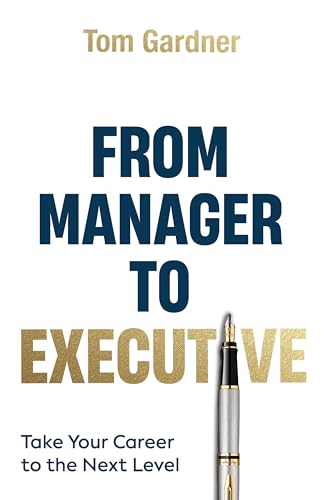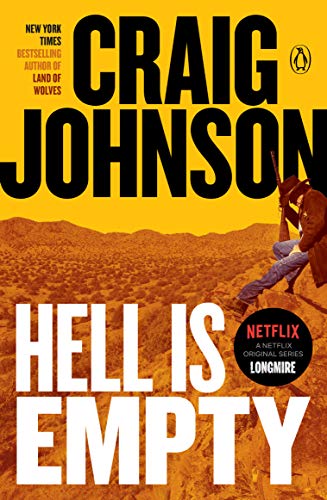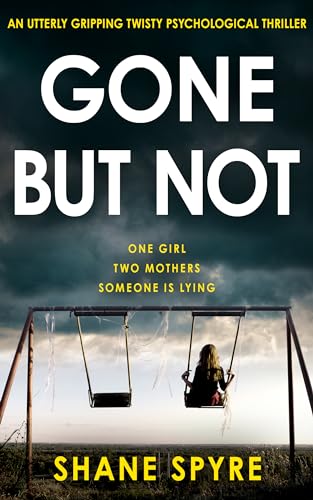By Steve Windwalker
 For over two years now, the citizens of Kindle Nation have had to put up with a joke that isn’t funny: the so-called “agency model” ebook pricing structure through which Apple and five of the Big Six book publishers have colluded to mandate artificially high prices for ebook titles under their control. We knew it was wrong, we knew it was anti-consumer, and we knew it was illegal.
For over two years now, the citizens of Kindle Nation have had to put up with a joke that isn’t funny: the so-called “agency model” ebook pricing structure through which Apple and five of the Big Six book publishers have colluded to mandate artificially high prices for ebook titles under their control. We knew it was wrong, we knew it was anti-consumer, and we knew it was illegal.And now, finally, it was widely reported this week that the Justice Department has advised Apple and the five publishers that it intends to sue them for colluding to raise ebook prices.
It’s about time.
The agency model price-fixing scheme has cost millions of Kindle owners millions of dollars over the past two years — money that we would not have spent on ebooks if Apple and the publishers had not entered into a clear conspiracy that the late Apple CEO Steve Jobs described in detail to biographer Walter Isaacson.
Until early 2010, most publishers sold print and electronic books to retailers at a wholesale price that ranged from 40 to 60 percent of the cover or “suggested list price.” Retailers were then free to set any price they wanted based on their own business strategies, and frequently set “loss leader” prices in order to lure customers. When Amazon launched the Kindle in late 2007 it sought to promote ebooks and ereaders in general, and the Kindle Store in particular, by adopting a very popular policy of setting $9.99 as a maximum price for almost all new releases and bestsellers in the Kindle Store.
Apple had not previously been involved in bookselling (other than audiobooks), and was slow initially to see Amazon’s Kindle business as competition. Early in 2008 Jobs said that the “whole concept” of the Kindle was “flawed from the top because nobody reads any more.” But by early 2010 when Apple was preparing to launch the first iPad, Jobs had done a dramatic about-face. As he introduced Apple’s iBooks store at the iPad launch announcement he said, “Amazon’s done a great job of pioneering this functionality with the Kindle. We’re going to stand on their shoulders and go a little further.”
Plagued by high prices, poor selection, and clunky search-and-browse infrastructure, the iBooks store has been a flop over the past two years and is widely seen as having something less than 15 percent of the retail ebook market despite the huge success of its hardware platform with the iPad, iPhone, and iPod Touch. But for a market-share failure, iBooks nonetheless stands alongside Kindle as the most significant, game-changing developments that have been seen in the book business in the past decade.
The significance of the Kindle, of course, is both that it has brought millions of readers into the ebook revolution with lower prices, wide selection and nearly instantaneous delivery and that it has brought radical disintermediation to the publishing business by removing barriers to publication, offering greater royalties to many authors, and raising questions about the role of traditional publishers, agents, distributors, and chain bookstores in an ebook future.
The significance of iBooks and Apple’s role, on the other hand, is that Apple played a conspiratorial “white knight” role that enabled a handful of big publishers — who were demonstrably panicked about the changes that ebooks would bring to their business — to insist on an entirely new pricing structure that would slow the growth of ebooks and counter Amazon’s market power. Lest there be any confusion about how this all happened, Jobs himself made the price-fixing scheme abundantly clear in this passage from Walter Isaacson’s bestselling 2011 biography Steve Jobs:
“We told the publishers, ‘We’ll go to the agency model, where you set the price, and we get our 30%, and yes, the customer pays a little more, but that’s what you want anyway,” Jobs told his biographer. “They went to Amazon and said, ‘You’re going to sign an agency contract or we’re not going to give you the books.'”
Beginning on April Fool’s Day 2010, two days before the iPad became available, thousands of agency-model publishers’ ebooks that had previously been priced at $9.99 and below on Kindle were increased in price to levels ranging mostly from $11.99 to $14.99.
Amazon’s position has always been that it would do everything it could to offer the lowest possible prices on Kindle books, but its only alternative to allowing agency-model conspirators to set their own retail prices was to keep books by the world’s largest publishers out of the Kindle Store altogether. That would not do.
Instead, Amazon has moved aggressively to reward non-conspirator authors and publishers with higher royalties, other forms of compensation, and prominent placement on the Kindle website, and the result has been that those authors’ and publishers’ books have gradually increased in their overall presence in the Kindle Store as well as their placement on the various Kindle bestseller lists.
So the agency-model publishers are losing out in four ways:
- their per-unit revenue is lower in many cases than the wholesale proceeds that they were previously being paid by Amazon;
- they are seen negatively by a growing share of readers as a direct result of their ebook pricing;
- their market share is declining steadily; and
- they are now facing the considerable expense associated with being corporate defendants in a lawsuit filed by the Justice Department.
Some kind of lawyers those publishers, and Apple, must have.
Federal lawsuits usually move very, very slowly, but stay tuned. This week’s reports included widespread speculation that some of the publishers are actively pursuing out-of-court settlement.













